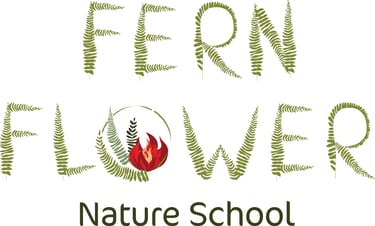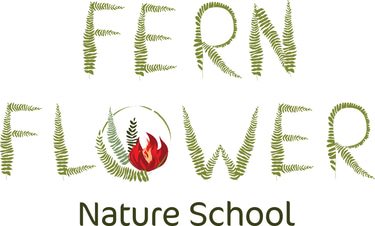Child's File and Portfolio
Maintaining well-organized child files and portfolios is essential for complying with licensing requirements, ensuring child safety, and tracking development. This chapter provides guidance and templates for child's file paperwork, care plans, developmental observations, etc. These tools not only meet regulatory standards but also support meaningful communication with families.



Allergy Sheet
Document all known allergies for each child. Includes:
Type of allergy (food, environmental, etc.).
Symptoms and severity.
Instructions for prevention and care.
Medication Authorization Form
Obtain parent/guardian consent to administer medication. Includes:
Child’s name and medication details.
Dosage, frequency, and duration.
Parent and staff signatures.
Anaphylaxis Emergency Plan
A critical plan for children with severe allergies. Includes:
Triggers and symptoms of anaphylaxis.
Emergency medication (e.g., epinephrine auto-injector).
Step-by-step response procedures.
Care Plan
For children requiring specific care due to medical, behavioral, or developmental needs. Includes:
Detailed instructions for managing the child’s unique needs.
Collaboration with parents and health professionals.
Emergency Permission Card
A small, portable card for emergencies. Includes:
Child’s name and key medical information.
Parent/guardian emergency contacts.
Child Development and Observation Documents
Child Development and Observation Documents are essential for tracking and understanding a child's growth, learning, and behavior. They provide valuable insights into developmental milestones, identify areas needing support, and guide tailored educational strategies. These records also facilitate communication with parents and professionals, ensuring a collaborative approach to nurturing a child's overall well-being.


Child Portfolio
A personalized collection of the child’s development, including:
Artwork and crafts.
Milestone achievements.
Photos and notes from daycare activities.
Progress reports shared with parents.
Play Observation Template
Track and document a child’s play to:
Identify interests and developmental stages.
Assess social interactions and creativity.
Plan activities tailored to the child’s growth.
Care Plan
For children requiring specific care due to medical, behavioral, or developmental needs. Includes:
Detailed instructions for managing the child’s unique needs.
Collaboration with parents and health professionals.
ASQ-3
ASQ-3 is a developmental screening tool designed to evaluate young children’s progress across key areas, including communication, motor skills, problem-solving, and social development. It is important because it helps identify developmental delays early, ensuring timely support and intervention.
Why Organized Files and Portfolios Matter
Compliance: Ensures you meet licensing and regulatory requirements.
Safety: Provides quick access to critical information during emergencies.
Communication: Strengthens trust with families through regular updates and detailed records.
Development: Tracks a child’s growth and supports tailored care and learning experiences.
By using these templates, you can keep comprehensive and organized records while maintaining high standards of care and professionalism.
Location
3827 Charlton Drive, Qualicum Beach, BC, Canada, V9K 1Z3
Contacts
fernflowernatureschool@gmail.com
+1-250-299-2054
Subscribe to
our Newsletter


